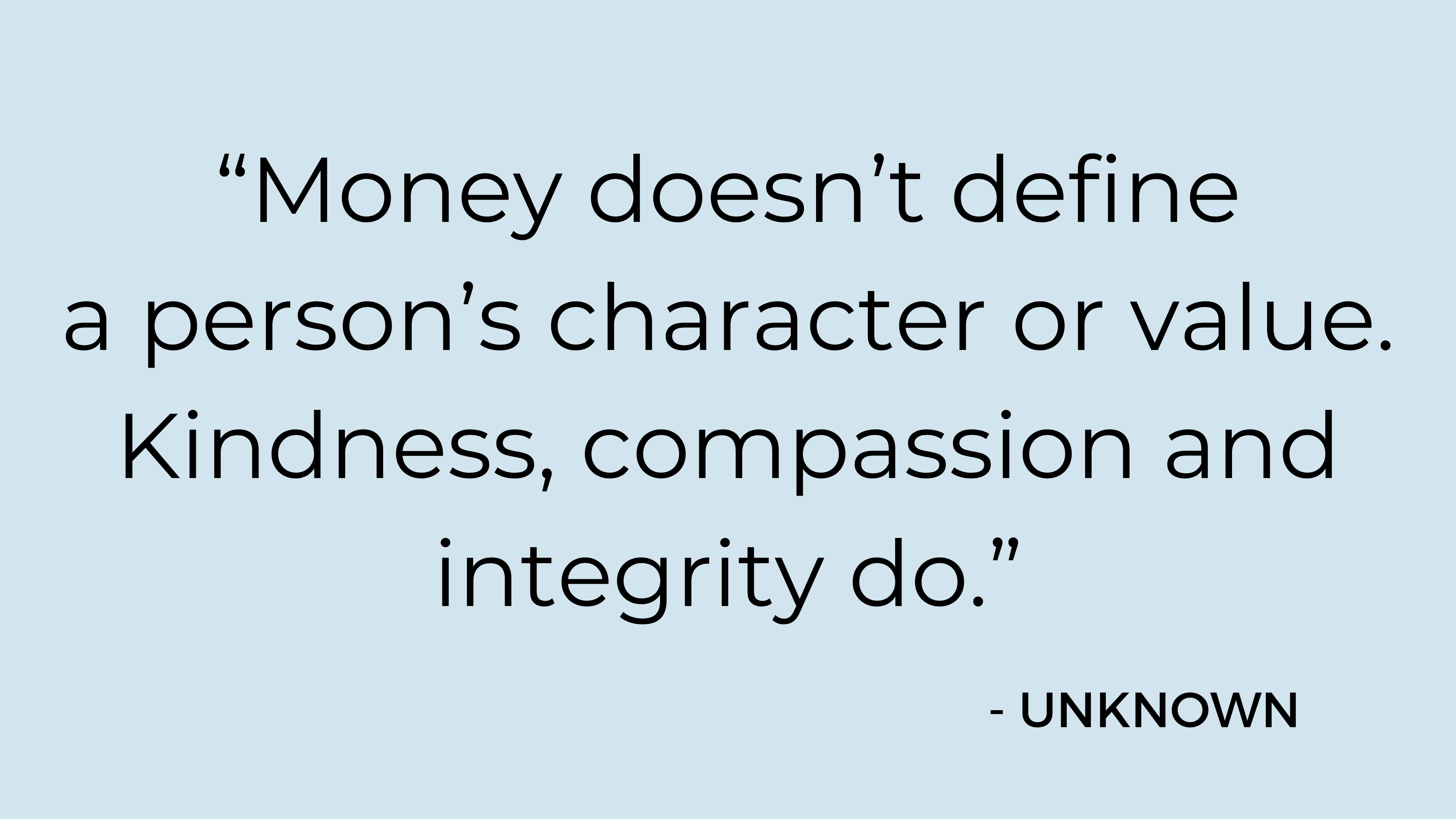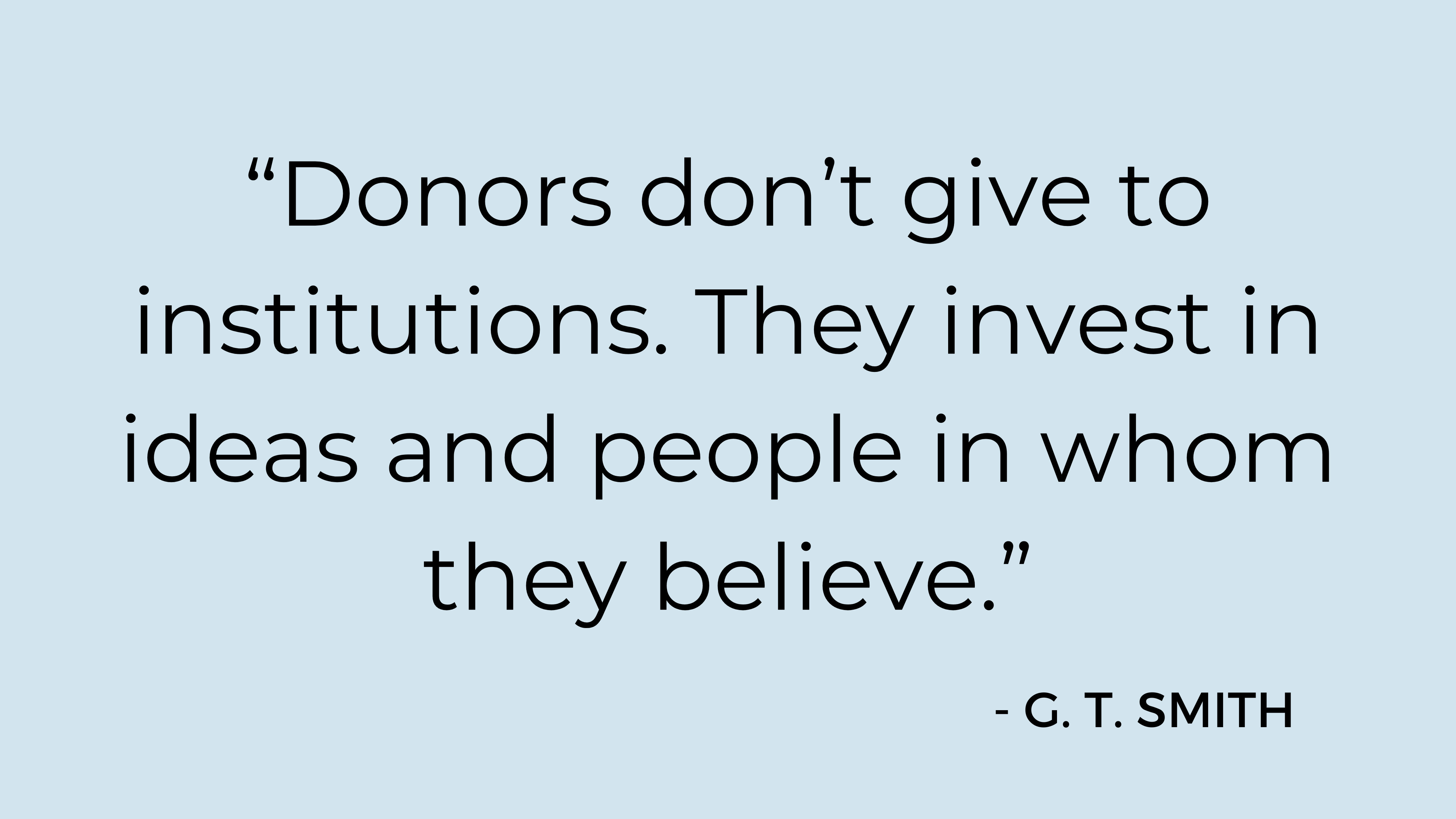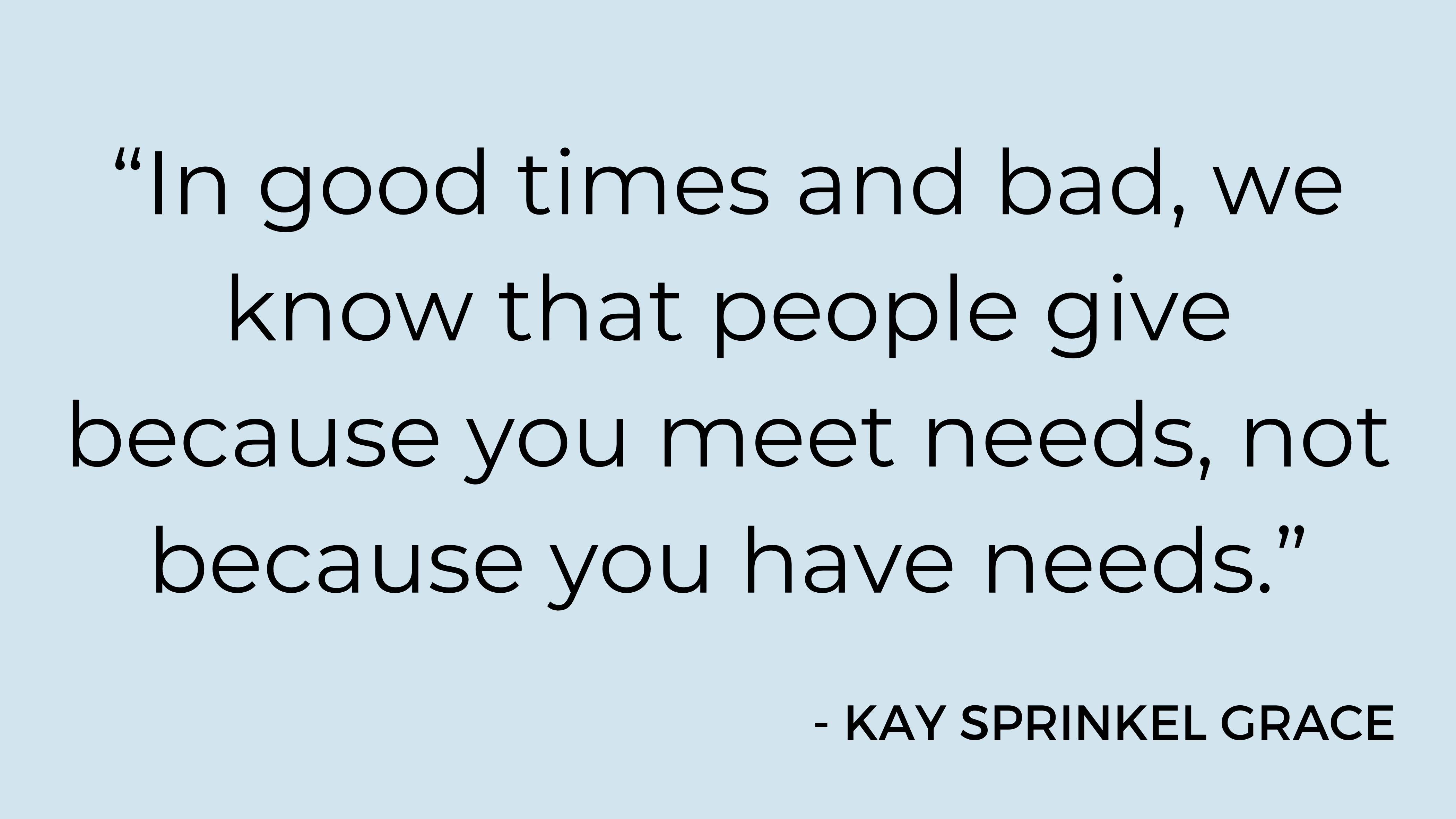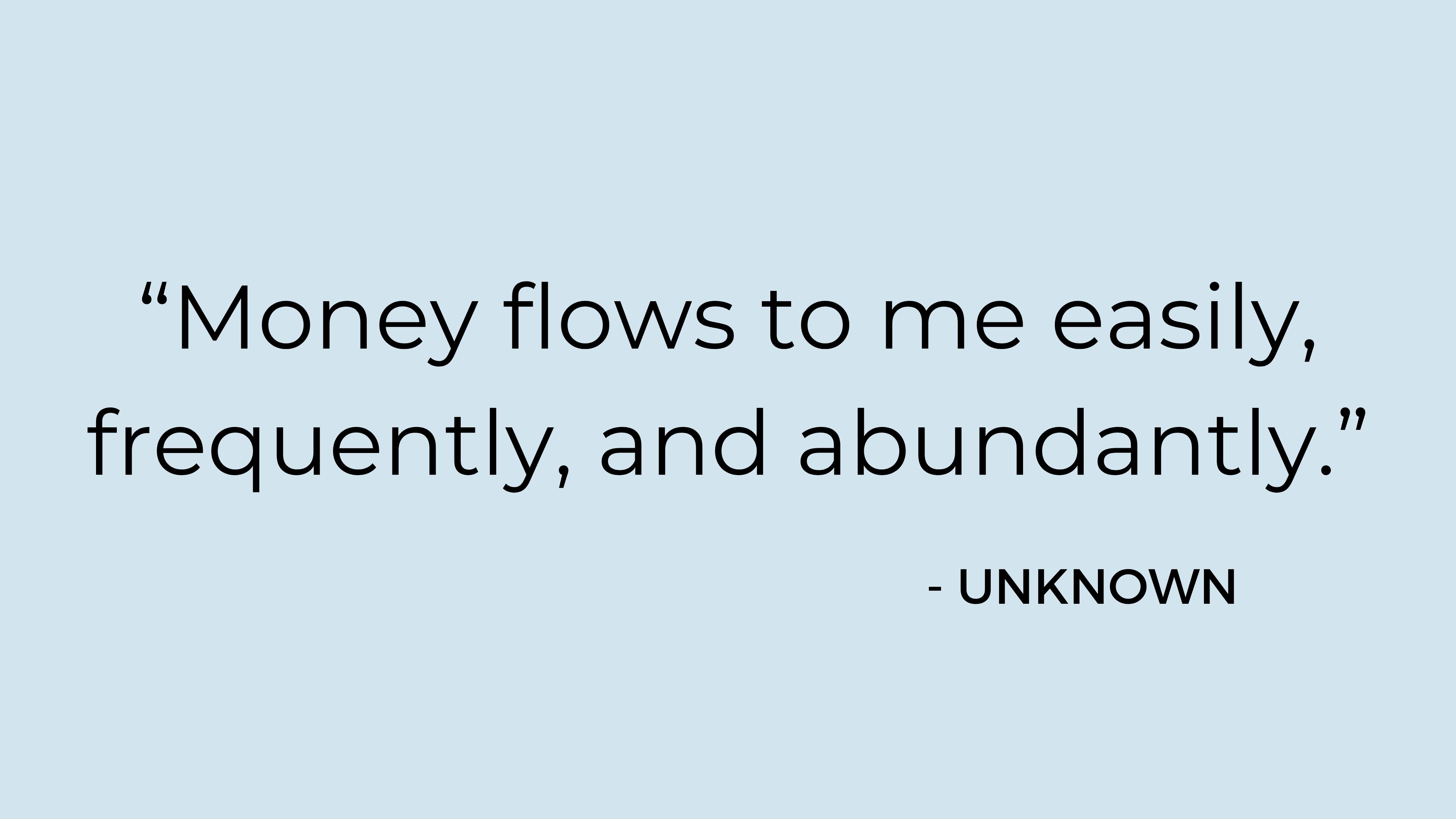It can be easy to think that your attitude about money is universal, but in reality, your beliefs are shaped by your life experience. Interestingly, all of us are in a conscious and subconscious relationship with money that we may not even be aware of.
One of the biggest impacts on your money mindset comes from how you were raised.
It’s not as much about how much money your family had, but rather what their relationship was to money themselves. You could grow up in a well-to-do family that was constantly stressed about money, which teaches you that there is never enough no matter how much you have. Maybe you heard a family member say something like: “Money doesn’t grow on trees.”
Or maybe your family was not wealthy, but they practiced an abundance mentality. A friend of mine recently shared a story about how she grew up in NYC where her single mom ran a small seamstress shop. Her mom would say, “I’ll be home when I’ve made the $300 I need to pay bills today,” and sure enough, that $300 would appear. I’m on a fundraising committee for this friend’s charity, and now I understand why she isn’t concerned about us raising the $1.2M needed for a building. Her life experience has taught her that money flows and is abundant. You only need to ask.
What was your family’s attitude toward the wealthy? Did they say things like, “Money is the root of all evil,” or was there a push to only choose a career that would result in you having money over following your passions and dreams?
Take a moment and think about it:
- How do you feel about money?
- What has your life experience taught you about money? Is it a scarcity or abundance mentality or somewhere in between?
- What has your life experience taught you about people who have money? Is it a necessary evil, is it wonderful, or maybe an opportunity to do good?
- What is your non-profit’s mindset around money? Do they run on the scarcity model believing there is never enough?
You may be wondering why we’re talking about your money mindset. Well, it’s because we’re in a profession where you are the bridge between a donor’s passion and your organization’s mission, and that is fulfilled through discussions about money.
It’s critical to understand and unpack your beliefs about money because it impacts how you approach your work.
Here are a few examples…
- If you have a scarcity mentality, then it could dampen your ability to ask donors for larger gifts because you imagine asking them would make them stressed out and you don’t want to upset them.
- If you have an underlying belief that money is evil and causes evil, this could impact you by making you only see donors as sources of cash you need to extract. It could also have you believing at some level that the work you do is shady since it’s all about getting money from people.
- If you believe your value is attached to money, and that you don’t have enough money to have value, that impacts the way you relate to people of high wealth. You see them having more value and more power, which impacts your ability to show up with confidence and as a true partner.
So, how might you reset your beliefs about money and its connection to your work?
- Unpack and understand your own money mindset. You have to know what conscious and subconscious beliefs impact your reality before you can change them.
- Identify how your mindset blocks and supports your work as a fundraiser. For example, if you and your organization have a scarcity mindset how is that impacting fundraising?
- Decide what you want your mindset to be and start surrounding yourself with messaging and people who embody that belief. For example, you could put up quotes in your office like the ones below.
- Set clear actions that support your new mindset. Maybe every morning before you reach out to donors you reset your beliefs about money, fundraising and/or your own value so you can show up with presence, confidence, and an open heart.
I hope this encourages you to do the important work of unpacking and rearranging how you carry your beliefs around money. This will not only impact your work but your own life, which is the greatest part.
– Karen
Here are a few messages that might resonate with how you’d like to reshape your views around money.




![What Is Your Money Mindset and Why Does It Matter? Person watering a money plant growing from someone's head [What Is Your Money Mindset and Why Does It Matter?]](https://veritusgroup.com/wp-content/uploads/2024/06/AdobeStock_757819543-scaled.jpeg)
![A man peering into a microscope. How to Approach Fundraising When Your Mission Doesn't Fit in a Neat Box [Podcast Episode]](https://veritusgroup.com/wp-content/uploads/2022/09/Podcast-Episode-Blog-Post-Header-Image-3.png)
![A donor is showing her membership card. Moving Out of a Membership Mindset [Podcast Episode]](https://veritusgroup.com/wp-content/uploads/2022/08/Podcast-Episode-Blog-Post-Header-Image_081722.png)



0 Comments